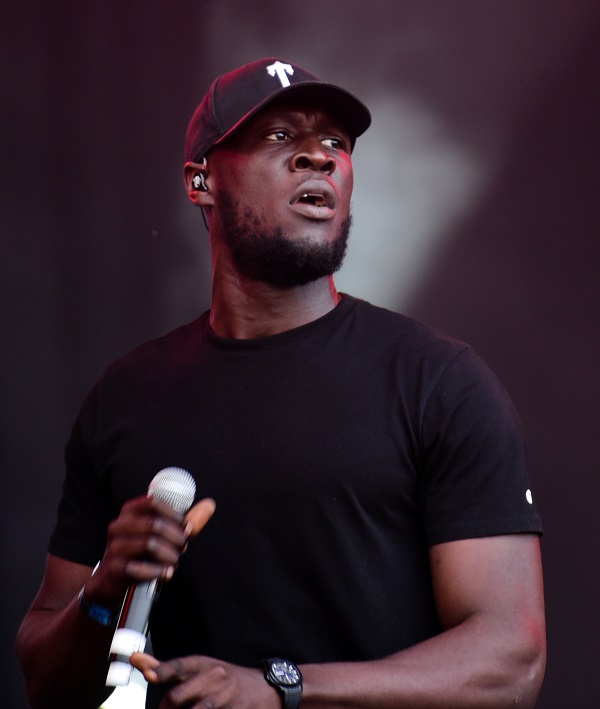Stormzy, a grime musician from the UK, dropped his much awaited third album, This Is What I Mean, on November 25. The critically acclaimed album was the versatile MC’s ambitious attempt to sum himself up completely in one album. That denoted a new stage for his #Merky empire as well.
Since he first became a viral sensation in the middle of the 2010s, Stormzy, 29, has used the hashtag #Merky on Twitter and other social media sites. His network surrounding the hashtag has expanded along with his success. His records are distributed through the #Merky label, which is now a part of Def Jam.
His #Merky Foundation provides University of Cambridge scholarships for Black students. Penguin Random House’s imprint #Merky Books is committed to publishing underrepresented perspectives and has previously published Stormzy’s Climb Up: The #Merky Story So Far. Prior to the release of This Is What I Mean, he introduced #Merky FC, a collaboration with Adidas on a multifaceted campaign to increase the hiring of Black individuals in significant positions across professional soccer.
The word itself, if you’re wondering, generally connotes quality and strength. “I get merky / they get worried,” he raps on 2017’s “Shut Up.”)
#Merky long ago moved beyond its origins, and these days the rapper uses social media only fleetingly, but still Stormzy’s hashtag campaign stands as a singular use of online platforms. As Twitter enters its ever-evolving, ever-precarious Elon Musk phase, and as TikTok becomes even more dominant, it’s worth wondering: Will future enterprising musicians be able to follow Stormzy’s lead and find ways to bend social media to their will? Or will they become cogs in its processes?
When Stormzy began building his #Merky network, he grew it via the traditional model: by tagging tweets or Instagram photos, drawing in followers in the process. It was a steady rise that built a stable fan base. For some, social media success can come much faster.





